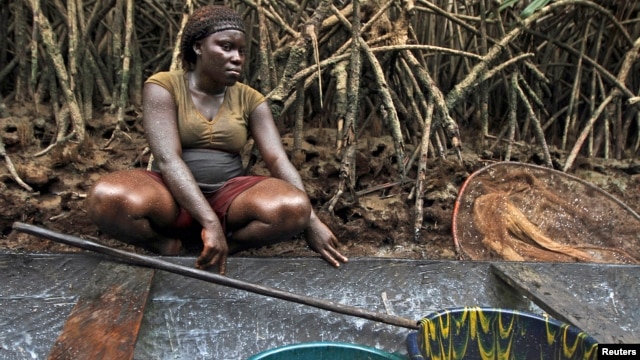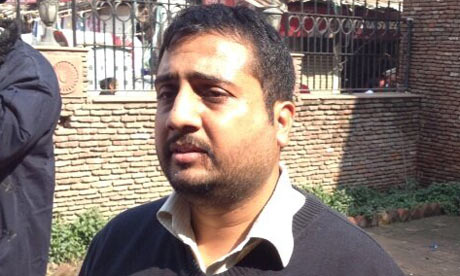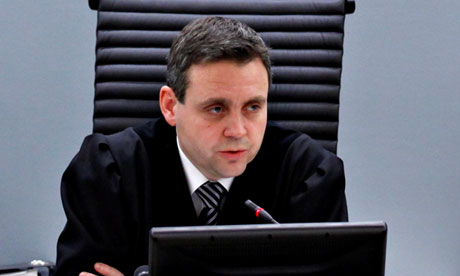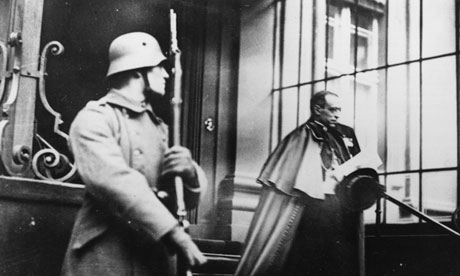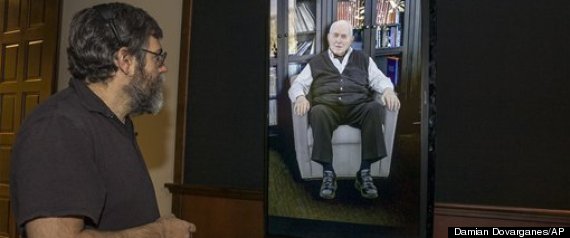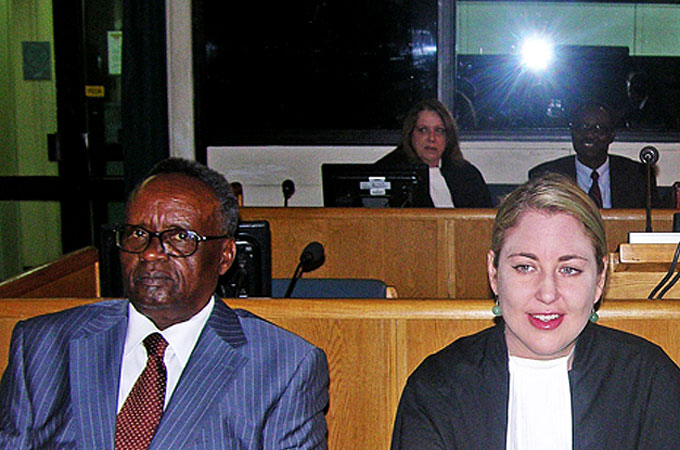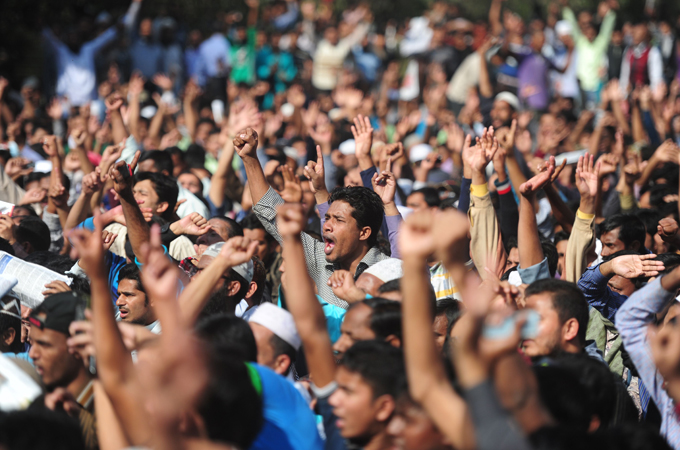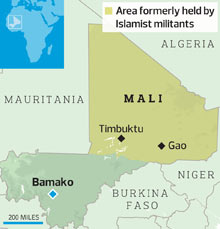Court Overturns War Crimes Conviction of Former Chief of Yugoslav Army
By Marlise Simons
The New York Times, February 28, 2013
"A United Nations appeals court on Thursday unexpectedly overturned the war crimes conviction of the former Yugoslav Army chief who had been sentenced to 27 years for aiding and abetting atrocities in Bosnia and Croatia, including attacks on Sarajevo and Srebrenica. The judges, voting 4 to 1, acquitted the former chief, Gen. Momcilo Perisic, of all charges of war crimes and crimes against humanity, including murder, and ordered him released. General Perisic, who surrendered to the court in 2005, was expected to return Friday to Serbia, where officials welcomed the decision. Reports from Bosnia said victims' groups were stunned. The ruling, following other recent acquittals by appeals court judges, was seen as one more decision that is changing the story line of the war. The reversals narrowed the definition of crimes for which military commanders can be held responsible. General Perisic was the most senior officer to be tried, and as the army's chief of staff and as an aide to Slobodan Milosevic, then the Serbian president, he played a crucial role during the 1992-95 war that broke up Yugoslavia. Records showed he regularly attended meetings of the Supreme Defense Council where Mr. Milosevic and other leaders approved sending weapons, fuel, police officers and military personnel to proxy armies fighting for the Serb cause in Bosnia and Croatia.
By Marlise Simons
The New York Times, February 28, 2013
"A United Nations appeals court on Thursday unexpectedly overturned the war crimes conviction of the former Yugoslav Army chief who had been sentenced to 27 years for aiding and abetting atrocities in Bosnia and Croatia, including attacks on Sarajevo and Srebrenica. The judges, voting 4 to 1, acquitted the former chief, Gen. Momcilo Perisic, of all charges of war crimes and crimes against humanity, including murder, and ordered him released. General Perisic, who surrendered to the court in 2005, was expected to return Friday to Serbia, where officials welcomed the decision. Reports from Bosnia said victims' groups were stunned. The ruling, following other recent acquittals by appeals court judges, was seen as one more decision that is changing the story line of the war. The reversals narrowed the definition of crimes for which military commanders can be held responsible. General Perisic was the most senior officer to be tried, and as the army's chief of staff and as an aide to Slobodan Milosevic, then the Serbian president, he played a crucial role during the 1992-95 war that broke up Yugoslavia. Records showed he regularly attended meetings of the Supreme Defense Council where Mr. Milosevic and other leaders approved sending weapons, fuel, police officers and military personnel to proxy armies fighting for the Serb cause in Bosnia and Croatia.





